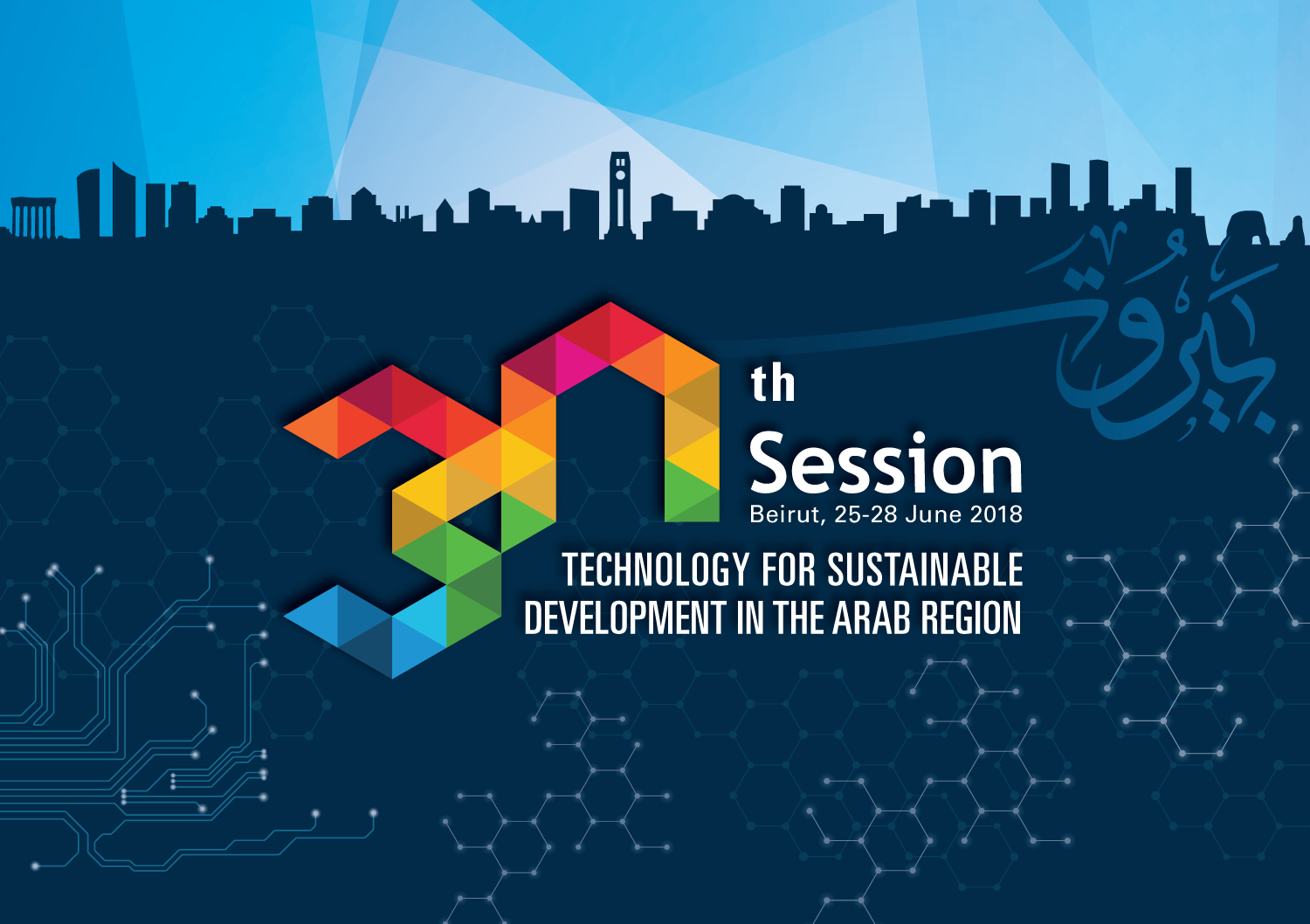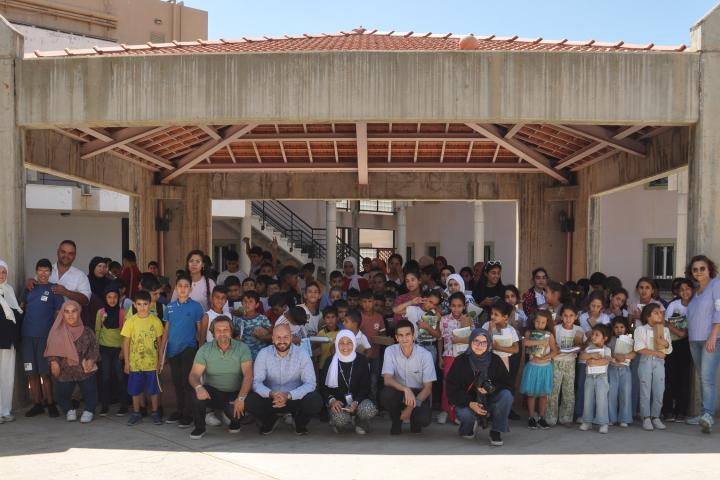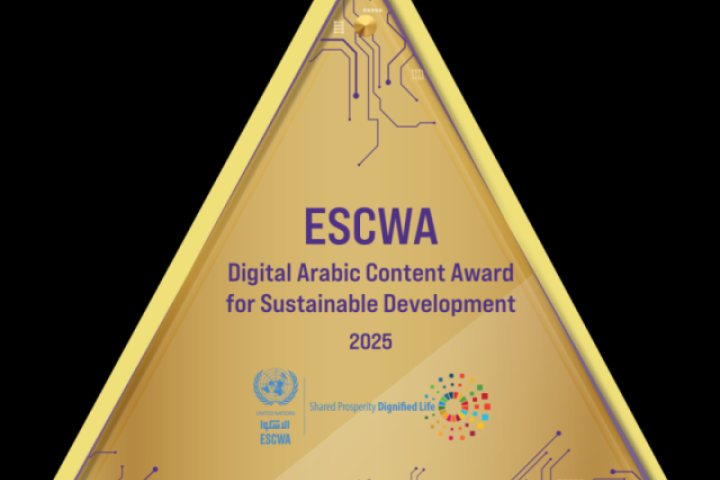Press release
31 May 2018
Beirut, Lebanon
ESCWA 30th Ministerial Session to take place in Beirut with focus on technology for sustainable development

“We are proud to welcome the Ministerial Session back to Beirut this year, as the last one organized in Lebanon was in 2012,” said Mohamed Ali Alhakim, the Executive Secretary of ESCWA.
The theme of this year’s biennial event—technology for sustainable development—will offer opportunities to address regional challenges, such as high unemployment rates—in particular among youth—depleted natural resources and other issues that can lead to political instability and conflict.
“Technology is a productivity enabler, a communication facilitator, a platform for unheard voices, and a tool to unleash efficiency and optimize processes in service, industry and agriculture among other sectors,” Mr. Alhakim added.
With the adoption of the 2030 Agenda for Sustainable Development, countries identified technology as essential for eradicating poverty, growing the economy and protecting the environment, with the goal of “leaving no one behind.” To achieve this, ESCWA continues to insist that productivity gains from technology must be balanced with fair distribution of growth with inclusive participation at all levels.
Therefore, the Ministerial Session will serve as a platform to discuss critical actions required from governments, the private sector and civil society in Arab countries in response to the exponential frontier or disruptive technologies sweeping the world. The goal is to maximize the benefits for sustainable development and lower risks of abuse and possible negative impact, working with governments in the Arab region.
“Since the industrial revolutions, technology has acquired an important role in everyday life,” Executive Secretary Alhakim stressed. “New and emerging technologies are shaping the world as we know it today with leapfrog progress, which requires institutional frameworks and multi-stakeholder cooperation that can support these changes.”
These technologies are countless and include smart phones, 3D printing, artificial intelligence, nanotechnology, online education, digital economy, renewable and efficient energy sources, water management and irrigation, food production, smart cities, biotechnology and other “frontier technologies.”
The Ministerial Session is expected to feature three moderated roundtables to generate discussions with policymakers and civil society leaders. These will address integrating technology and innovation into national development planning; prerequisites for technological change to achieve inclusiveness while preserving natural resources; and policies and regulations governing frontier technologies in Arab countries to address national priorities such as youth unemployment, poverty alleviation and economic diversification.
In addition to government and civil society representatives, panelists will also include representatives from the private sector, academia and youth.
For details on past Ministerial Session, please visit: https://bit.ly/2InNTM9
*****
For more information:
Nabil Abu-Dargham, Head, ESCWA Communication and Information Unit
+961-70-993-144; email: dargham@un.org
Ms Rania Harb +961-70-008-879; email: harb1@un.org
Ms Myrna Mahfouz: +961-70-872-372; email: mahfouz@un.org
Mr Haidar Fahs: +961-70-079-021; email: haydar.fahs@un.org



